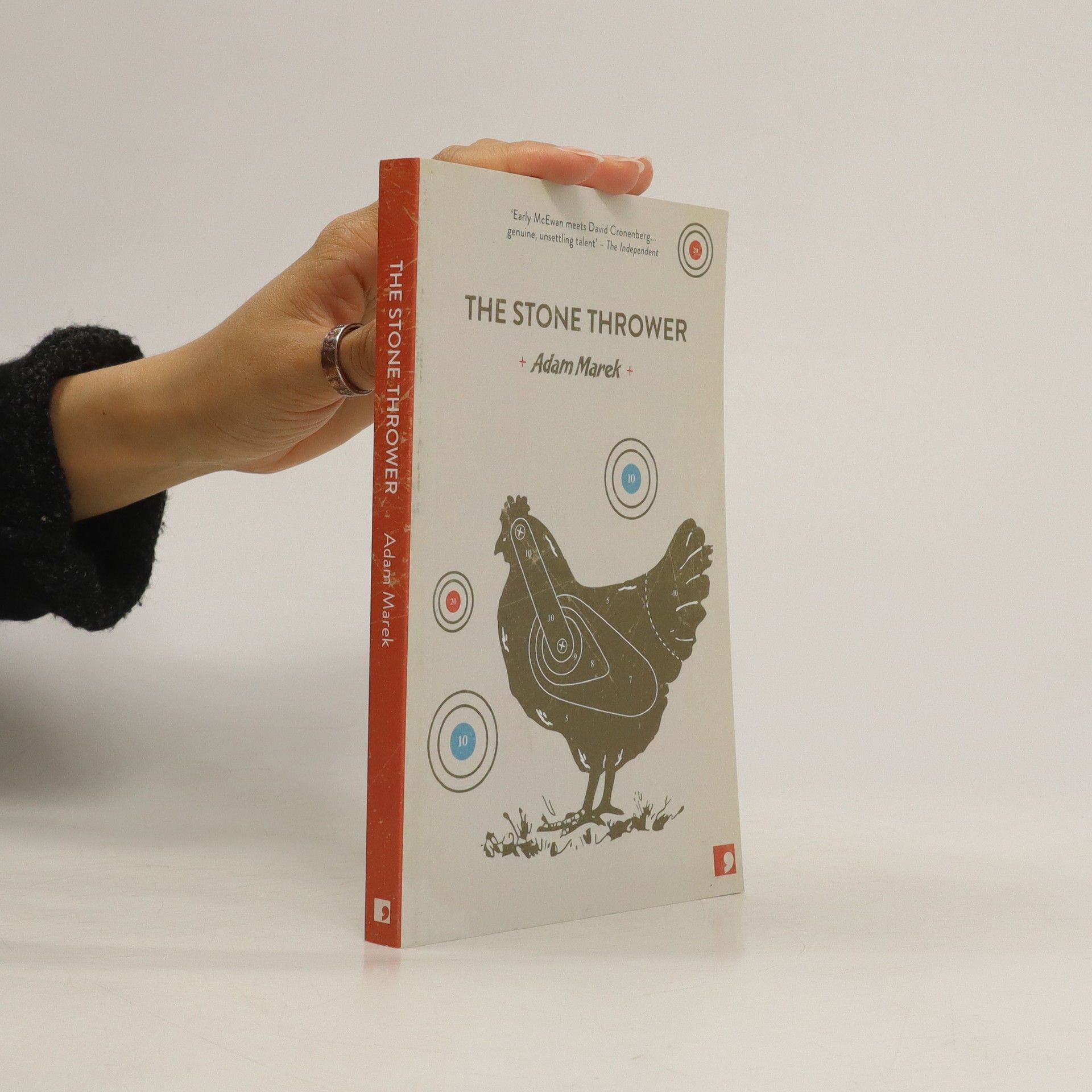Vom Kopf ins Herz und umgekehrt
Wie die Wahrheit über Gott Ihr Leben verändert
Adam Marek ist ein gefeierter Autor von Kurzgeschichten, die das Surreale und Absurde geschickt mit dem Alltag verbinden. Sein Werk zeichnet sich durch ein echtes, beunruhigendes Talent aus und wird für seine Fähigkeit gelobt, die Kurzgeschichte mit kühnen Innovationen zu beleben. Marek verwebt auf seine unnachahmliche Weise das Unerwartete mit dem Gewöhnlichen und schafft so Erzählungen, die die Leser tief berühren. Seine einzigartige Stimme und sein literarischer Ansatz deuten darauf hin, dass sein Stil bald zu einem Maßstab in der zeitgenössischen Fiktion werden könnte.



Wie die Wahrheit über Gott Ihr Leben verändert
This is the much-anticipated second collection of short stories by the award-winning author of 'Instruction Manual for Swallowing'.
Performing a deft metaphorical evisceration of Sigmund Freud’s classic 1919 essay that delved deeply into the tradition of horror writing, this freshly contemporary collection of literary interpretations reintroduces to the world Freud’s compelling theory of das unheimliche —or, the uncanny. Specifically designed to challenge the creative boundaries of some of the most famed and respected horror writers working today—such as A. S. Byatt, Christopher Priest, Hanif Kureishi, Frank Cottrell Boyce, Matthew Holness, and the indomitable Ramsey Campbell—this anatomically precise experiment encapsulates what the uncanny represents in the 21st century. Masterfully narrated with the benefit of unique perspectives on what exactly it is that goes bump in the night, this chilling modern collective is not only an essential read for fans of horror but also an insightful and intriguing introduction to the greats of the genre at their gruesome best.